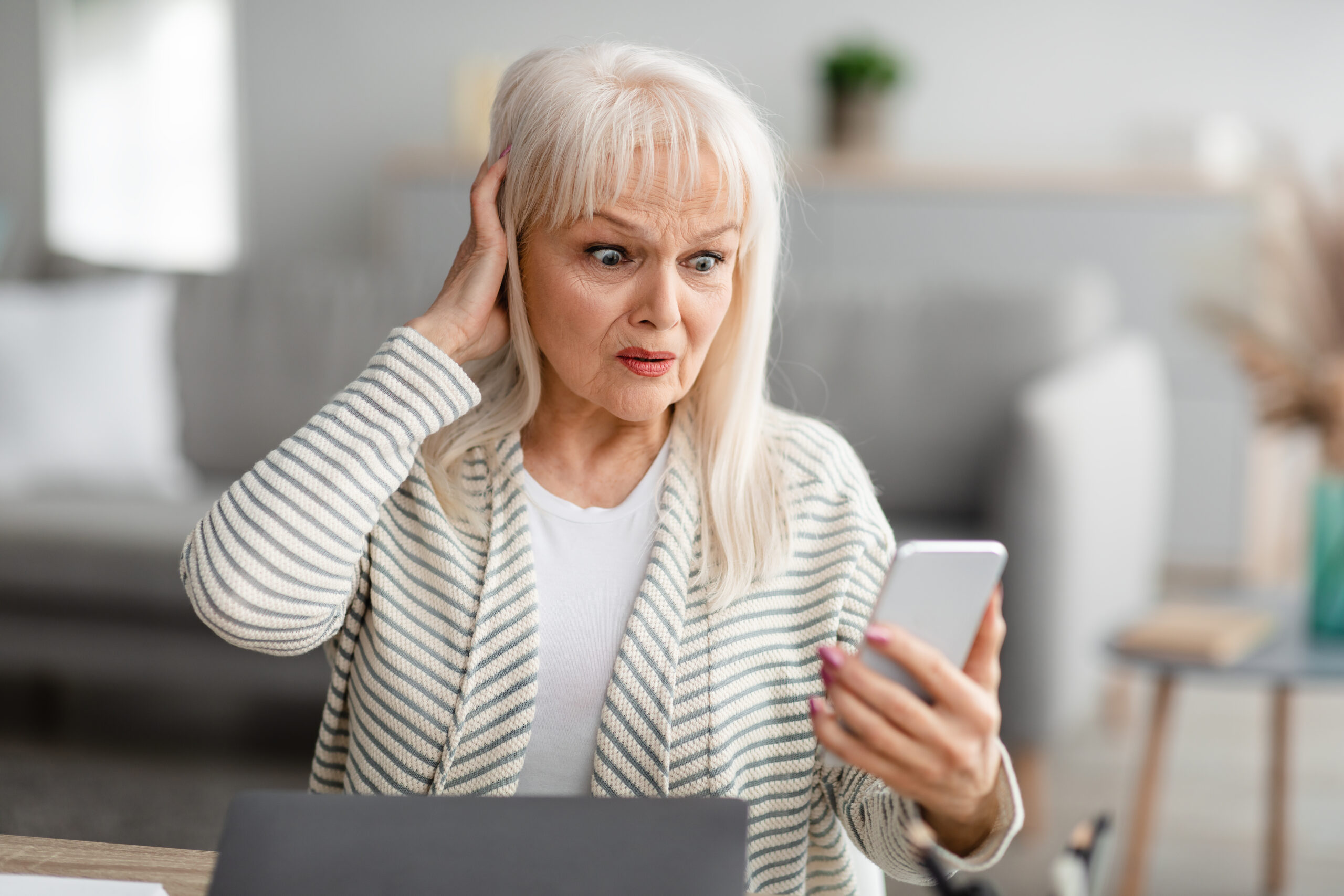
Medicare is a vital program for seniors, and it’s important to be aware of scams that target this population. Recently, there have been reports of Scam Medicare Calls and pretending to be from Medicare. Firstly, They try to get personal information like Social Security numbers or bank account numbers. Here are some tips to help you protect yourself from these fake calls. Also, what to do if you think you may have been scammed.
Some Common Medicare Scams
Most of these scams take place over the telephone, but some do occur via email, U.S. mail, and door-to-door visits. Moreover, Fraudulent callers typically steal a person’s identity by making up stories to try to obtain their name, Social Security number (SSN), or financial information.
(Note: Medicare used to use SSNs to identify beneficiaries and their health insurance claims, but CMS began distributing new Medicare cards without SSNs on them in 2018. Instead, these new cards feature a beneficiary’s unique Medicare Number. This number is still a sensitive piece of identifying information that should be protected.)

Medicare beneficiaries should be wary of the following schemes:
Attempts to “verify your identity.”
Someone calls to tell you that you must provide identifying information to receive a new or updated Medicare card. They may even tell you there’s a charge for the new card and request a credit card number as well.
Bogus offers “free medical supplies.”
A caller will pretend to offer durable medical equipment or a medical checkup at no cost. This is because they say “Medicare will cover it.” The only catch is that the caller needs your SSN or Medicare Number. This is to verify coverage and/or a credit card number to cover shipping costs for the free supplies.
False claims that you’re entitled to a “refund.”
Lastly, another devious variation involves a caller who explains that, due to a vague change in Medicare coverage, you’re owed a refund. They will typically ask for your Medicare Number and bank account information so they can direct deposit the funds.
How to Identify a Fraudulent Caller
It is crucial to understand that telephone scammers aren’t always easy to identify. In most cases, it is best not to answer any calls from unknown or out-of-town numbers. However, technology has made it so that scammers can fake caller ID information by using spoofing devices.
Fake Caller ID: Don’t Fall for Spoofing Scams
If you or a loved one does answer a suspicious call, be wary. Some reports suggest that these callers are very empathetic and knowledgeable, which makes them appear credible and trustworthy. In other cases, the callers reportedly speak in heavy, foreign accents and broken English, making them slightly easier to spot.
Scammers often gather some basic personal information on their targets like full names, birthdates, and mailing addresses before they even call. This data is used to convince you of their legitimacy and make you feel comfortable with sharing additional sensitive information.
If you ever doubt the validity of a phone call, say you’d like to call the person back and ask for their direct number. This will usually prompt a scammer to get flustered and hang up. A legitimate entity will always respect your desire for privacy and security.
Ordering a New Medicare Card
The best way to avoid getting scammed is by being proactive. If you’re registered with Medicare and don’t have your new card yet, you can go online and request a replacement. (If you need help signing up for an account, read our article on How to Use the MyMedicare.gov Portal.)
You can also call Medicare directly at 800-MEDICARE (800-332-9633) to ask about the status of your new card.
If you have any reason to believe you may have given your personal information to a scammer, report it immediately to the Federal Trade Commission (FTC) and/or the Office of Inspector General (OIG) at HHS. You should also consider changing your Medicare Number and/or password as an extra precautionary measure.
As a general rule, remember that Medicare representatives will never:
Call you unsolicited (out of the blue) and ask for personal information like your SSN, bank account number, or credit card number.
Come to your home unsolicited to provide free medical equipment or services.
Email you unsolicited (out of the blue) and ask you to provide personal information like your SSN, bank account number, or credit card number.
Please stay safe and I always ask for an agent number.

